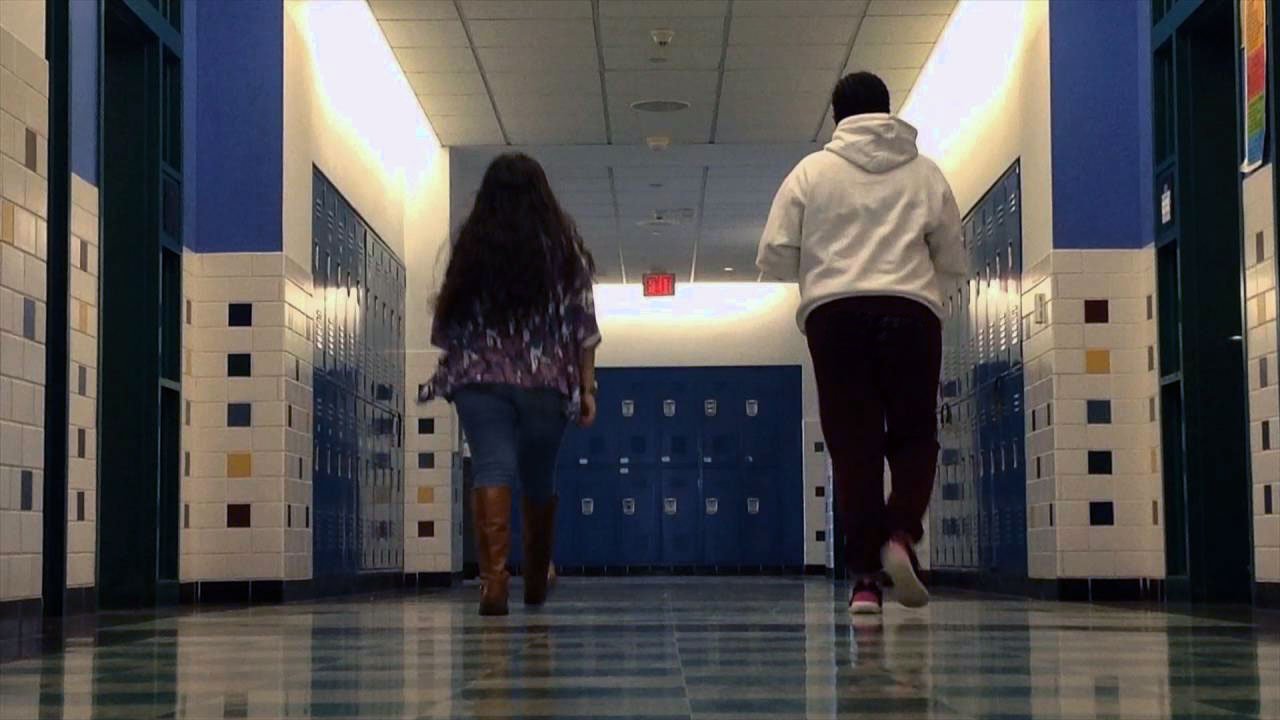The SPLC has released four questions about school safety for U.S. Secretary of Education Betsy DeVos, ahead of a listening session of the Federal Commission on School Safety this week in Montgomery, Alabama.
The commission was established by President Trump following the tragic school shooting in February in Parkland, Florida. The commission is tasked with making “meaningful and actionable recommendations to keep students safe at school.”
Ensuring that vulnerable children in the Deep South can attend safe, welcoming, and healthy public schools is at the core of the SPLC’s work, and so we have closely followed the commission’s efforts.
As the commission heads to the birthplace of the civil rights movement on Tuesday, we raise several questions about its work:
1. How will the commission ensure that it hears from all stakeholders?
At least two of the commission’s public listening sessions took place with just 24 hours’ notice, and Tuesday’s listening session provided a few days more. The commission will only hold four public listening sessions – in Kentucky, Washington, D.C., Wyoming, and now, Alabama.
Parents, students, educators, administrators, counselors and other stakeholders are limited by their ability to travel, take time off from work, and make other arrangements to attend and make public comments.
Given these limitations, how will the commission meaningfully engage with the diverse stakeholders that comprise our nation’s public school communities before making its recommendations?
2. How will the commission ensure that its recommendations do not negatively and disproportionately impact students of color and students with disabilities?
Research shows that students of color and students with disabilities are disproportionately disciplined in school. And there is simply no good evidence that racial differences in discipline are due to differences in rates or types of misbehavior by students of different races.
Harsh exclusionary discipline results in students losing important instructional time; becoming less likely to graduate on time; and more likely to repeat a grade, drop out of school, and become involved in the justice system.
The commission is considering a repeal of the Obama Administration’s 2014 Dear Colleague Letter regarding non-discrimination in the administration of school discipline, which recognizes that “[f]air and equitable discipline policies are an important component of creating an environment where all students feel safe and welcome,” and offers important resources to schools and districts to reduce misbehavior, improve school climates, and keep children in school and learning.
In light of that possible rescission, what is the commission doing to ensure that the recommendations it makes are fair and equitable to all students, particularly vulnerable students?
3. How will the commission address the role of guns in schools?
Secretary DeVos previously stated that it is not part of the commission’s charge to study potential changes to gun laws. However, last week it was reported that she is considering using a federal grant program, intended to provide student supports and academic enrichment resources in struggling schools, to instead allow schools to purchase guns.
The SPLC has asked the Department of Education for information about this dangerous potential policy. Arming educators is an idea that parents and educators themselves both oppose, and this proposal would divert funds to an unproven and dangerous strategy, and away from proven strategies for improving school climates. The commission needs to take the issue of guns in schools seriously, and provide the public with real answers.
4. The commission has a wealth of knowledge to build upon in making its recommendations. But will it rely on prior administrations’ work and the work of experts?
In recent years, schools across the country have worked to adopt effective, evidence-based approaches to reducing misbehavior and improving school safety. This commission should learn from and help support those efforts.
This includes encouraging approaches to discipline like Positive Behavioral Interventions & Supports (PBIS), restorative justice, and social and emotional learning (SEL); as well as placing more counselors and mental health professionals in schools, and conducting school climate assessments and behavioral health interventions.
So far, it is unclear whether the commission will rely on previous work and expertise, or substitute its judgment for the work that came before it.



